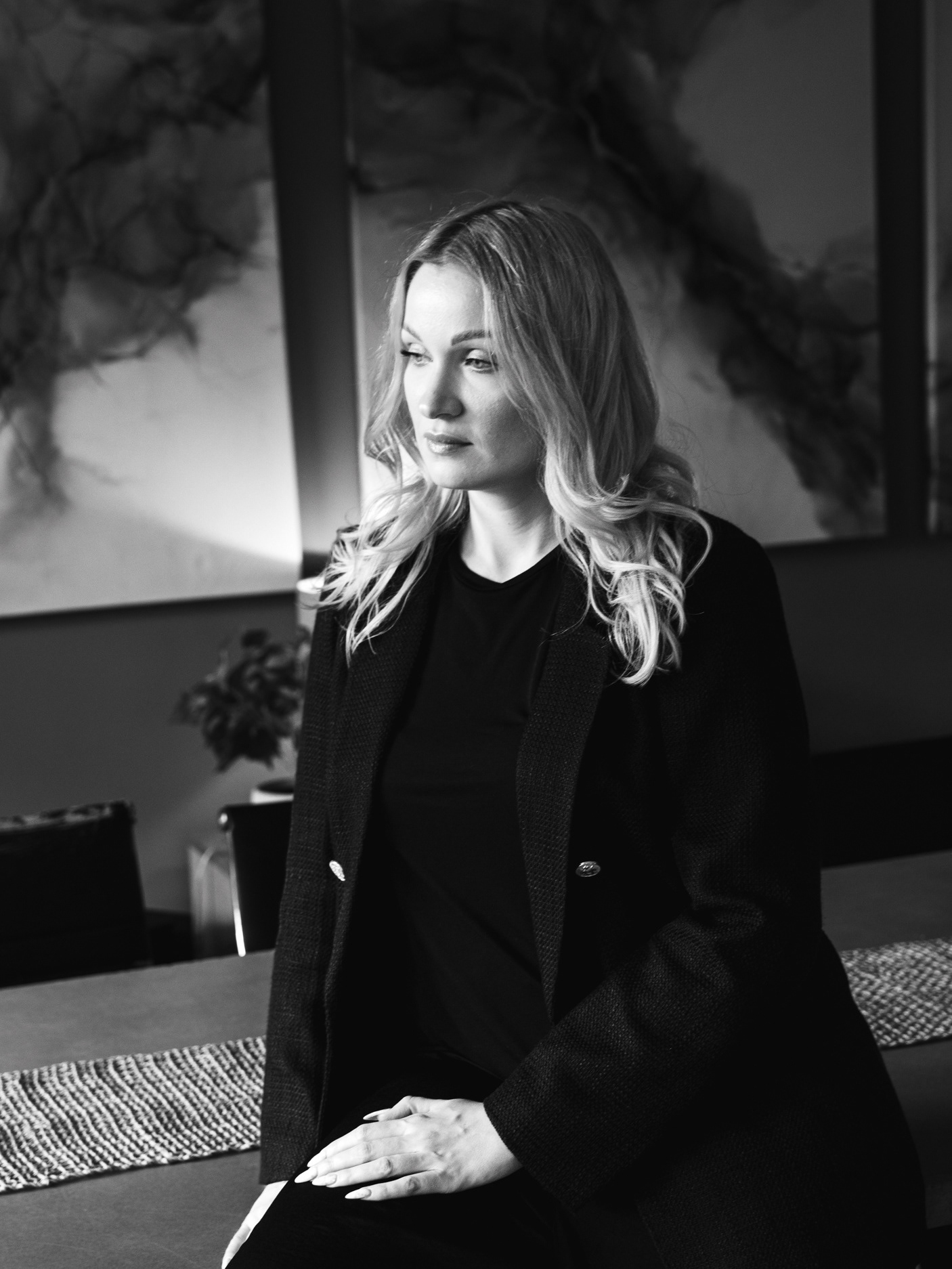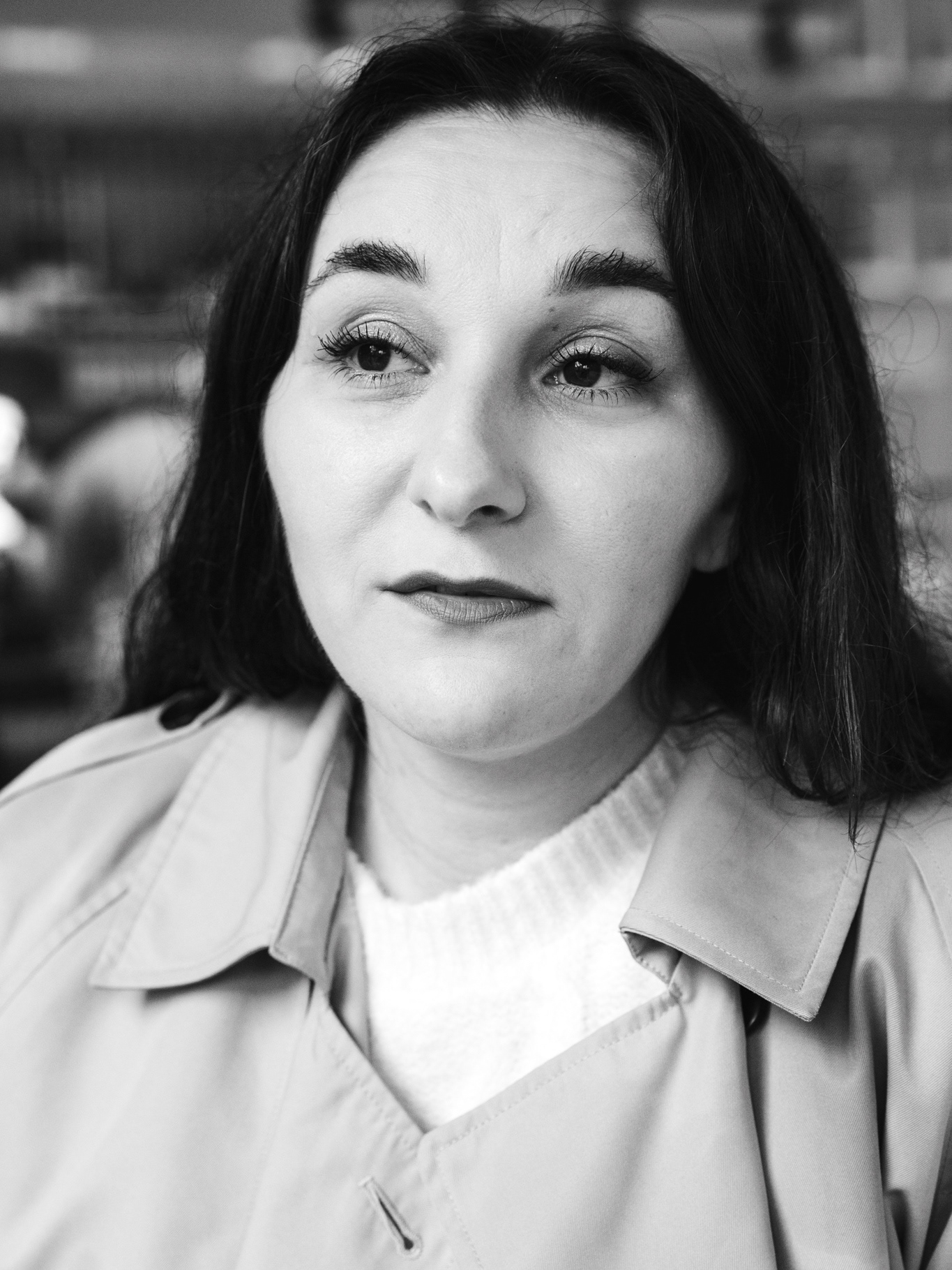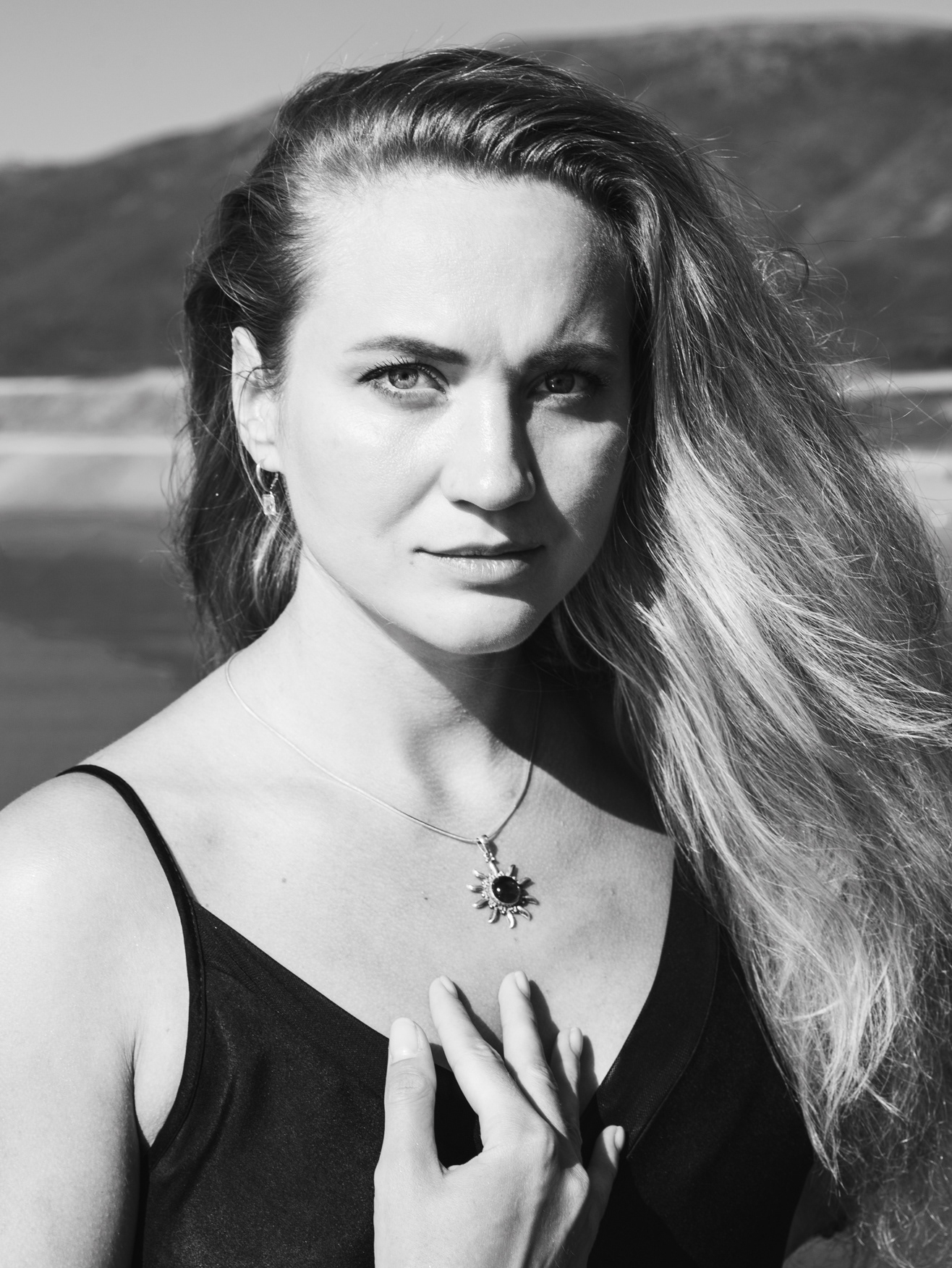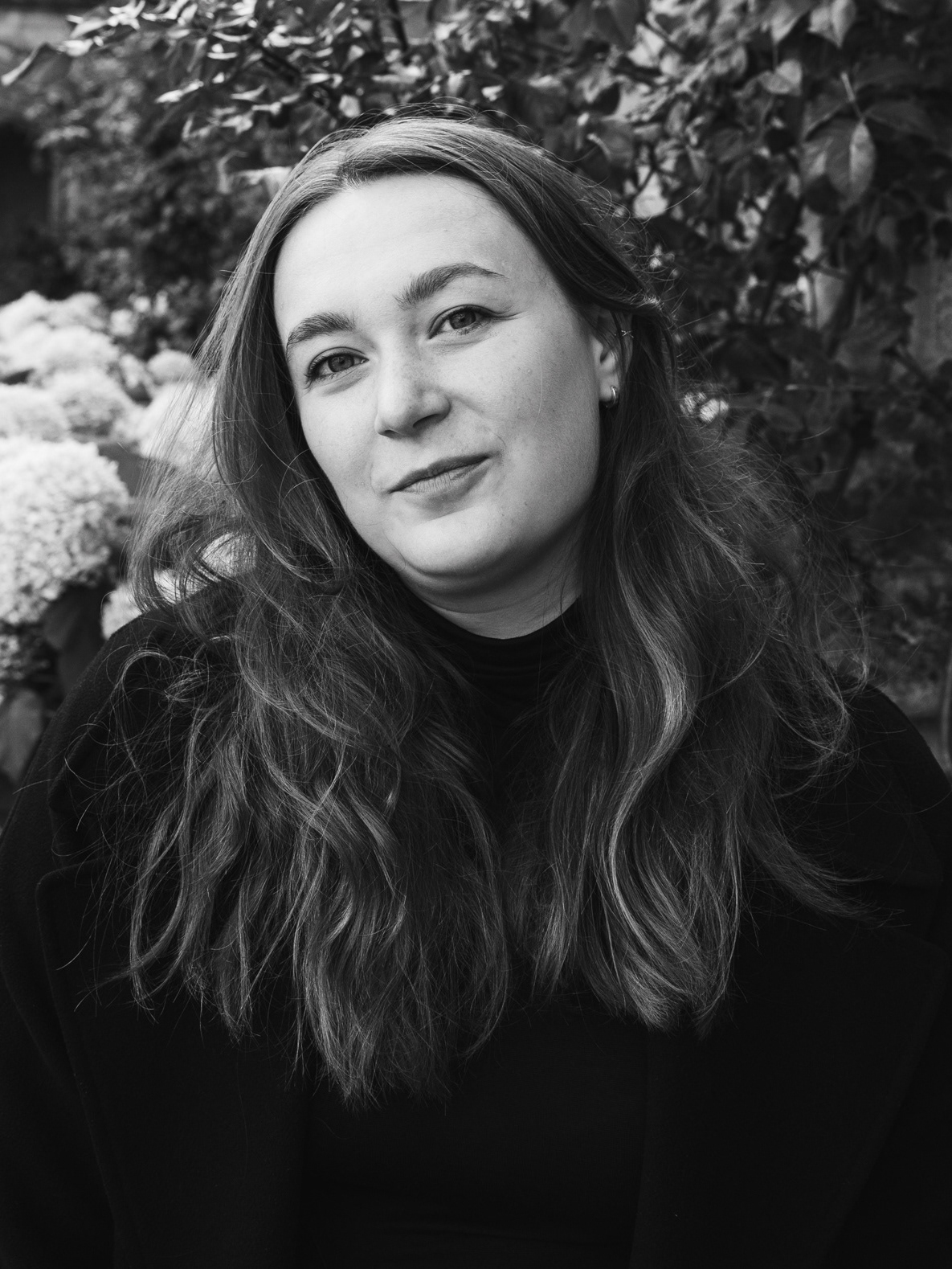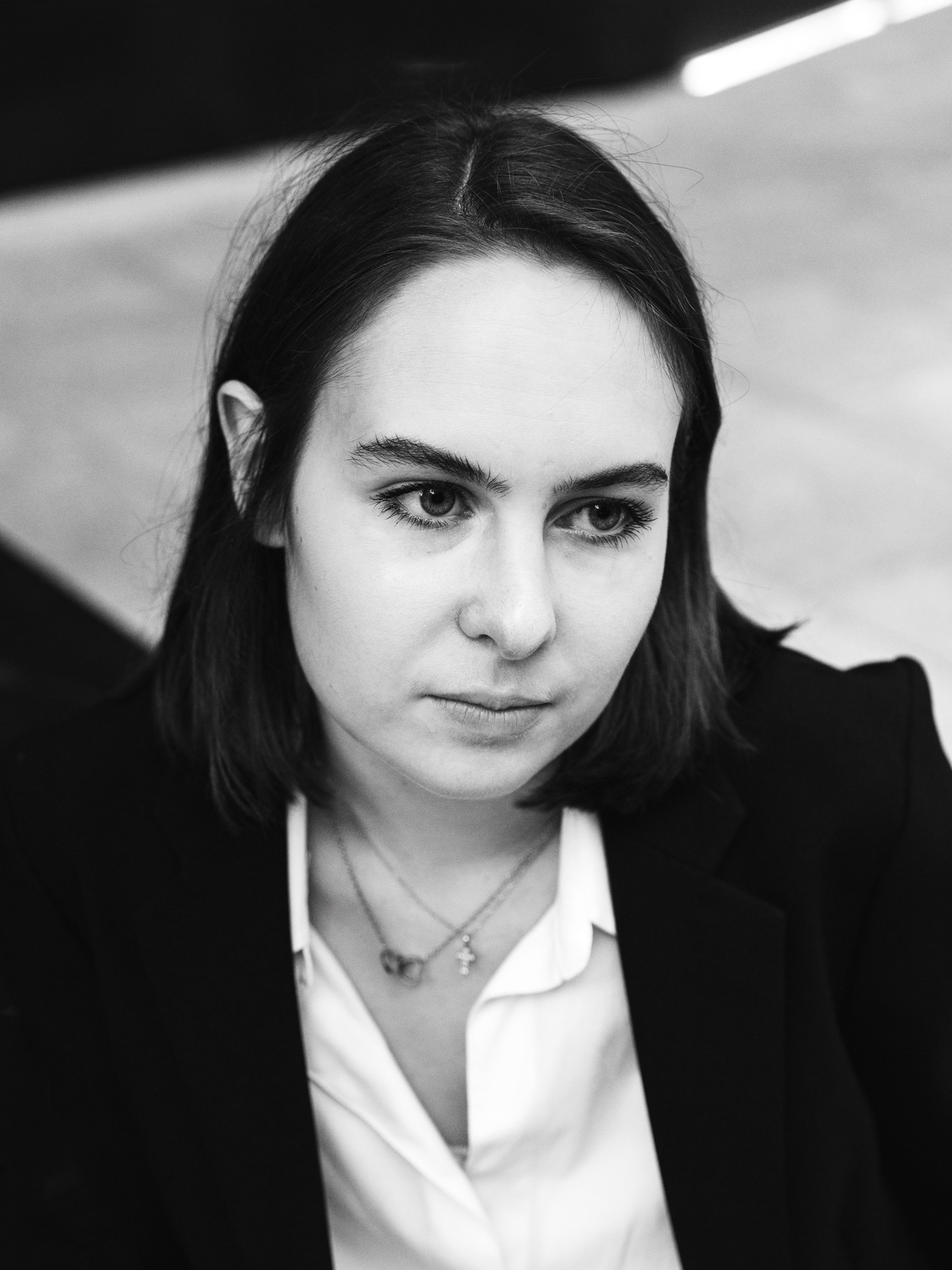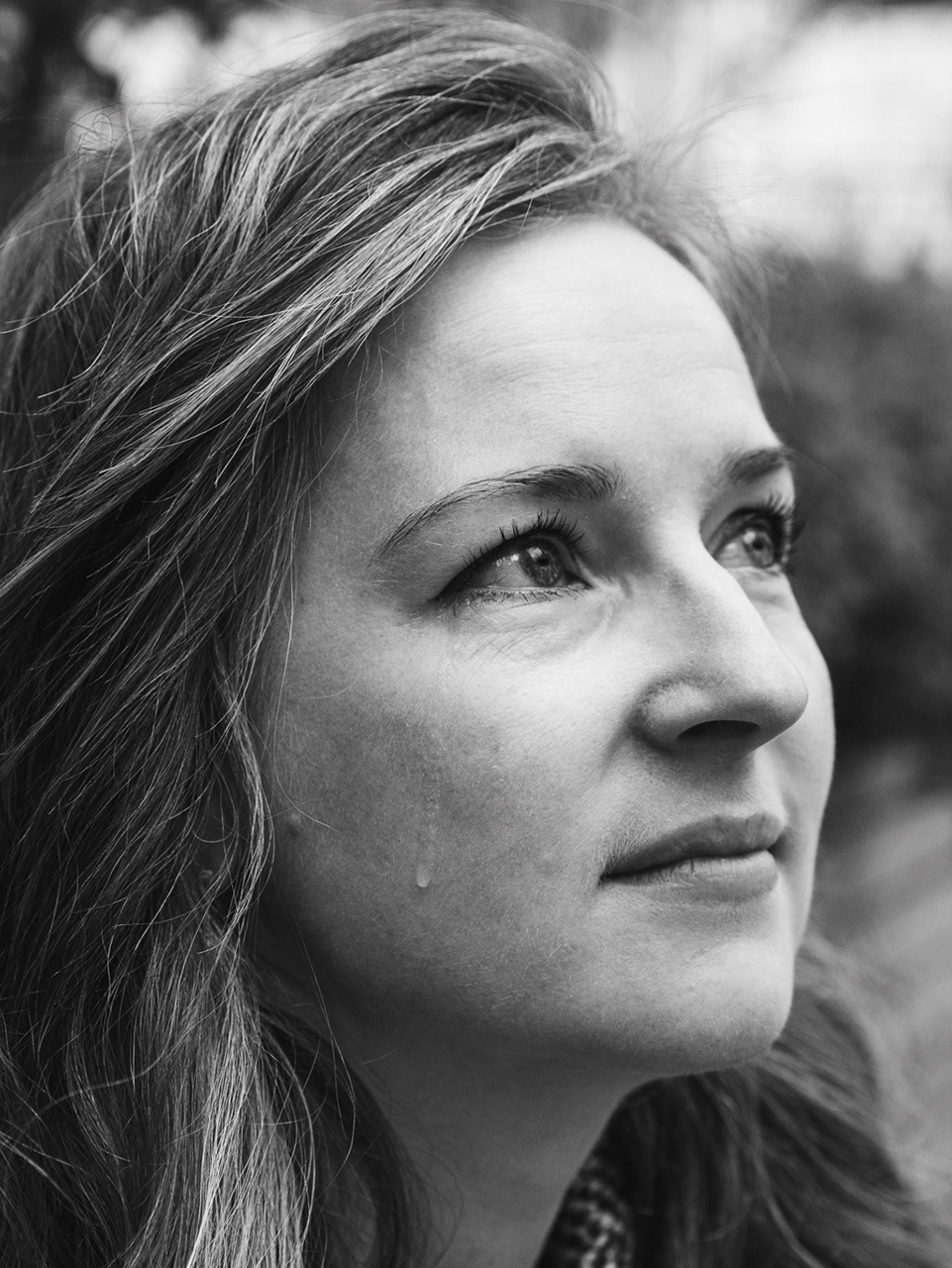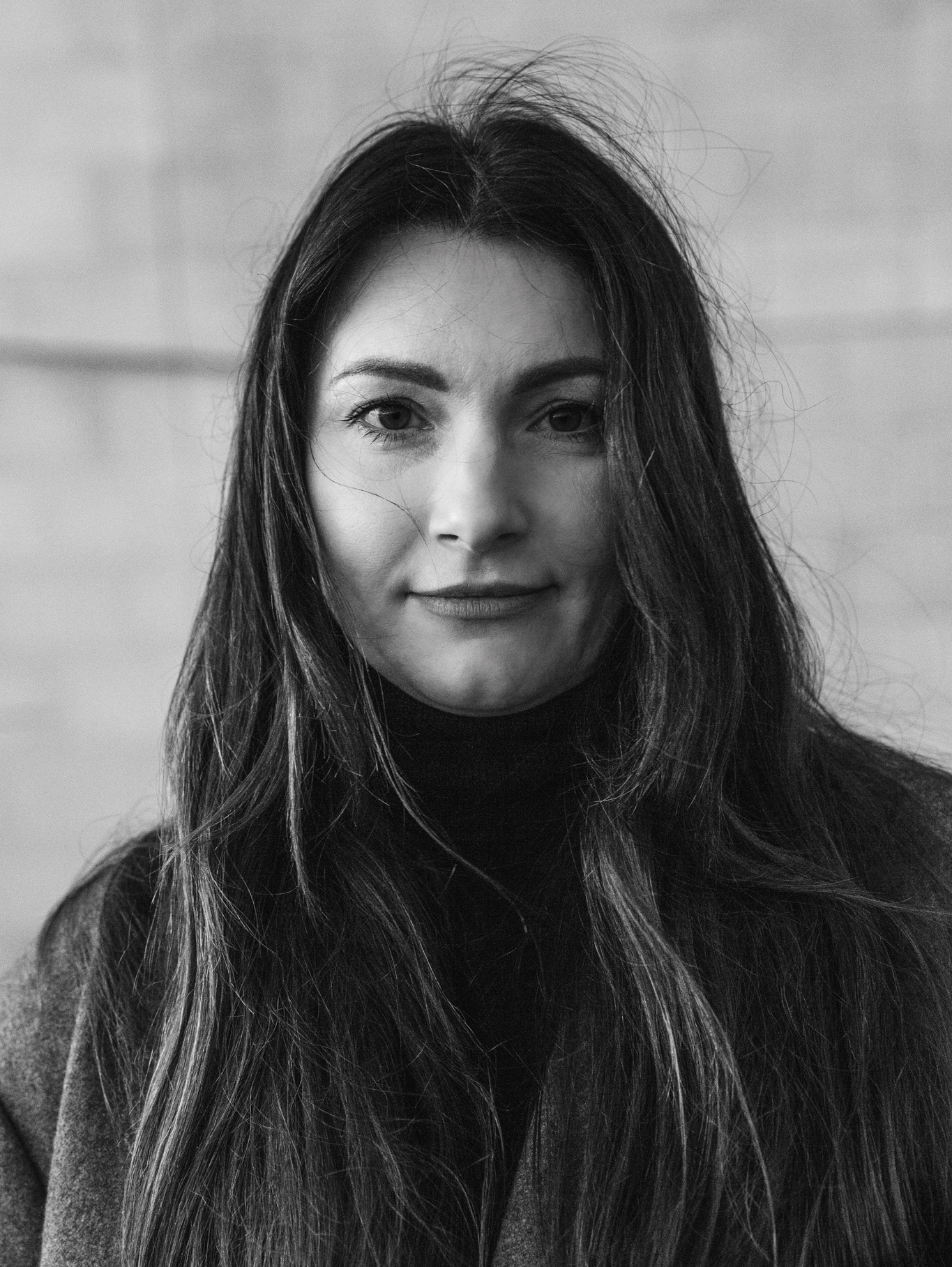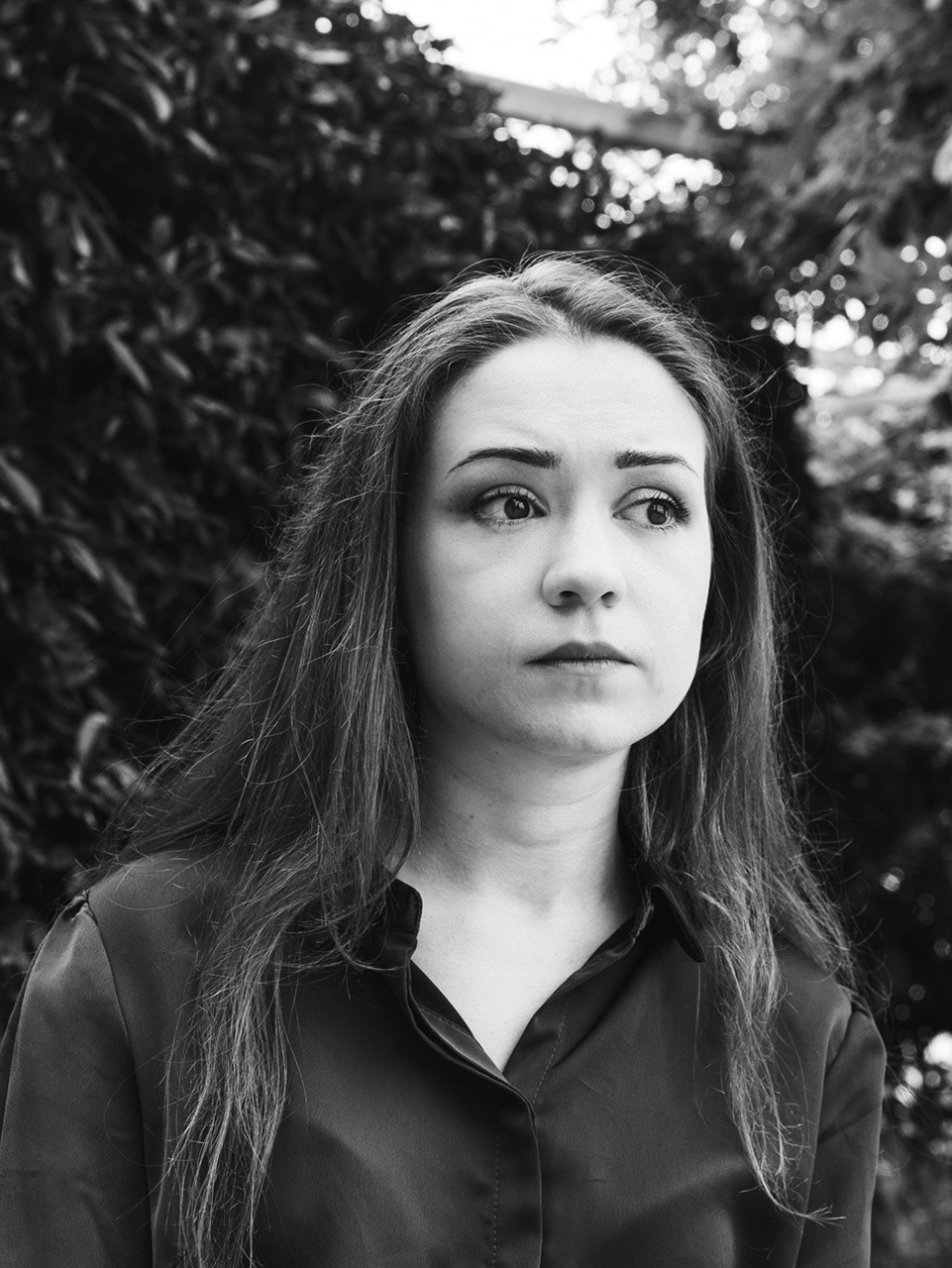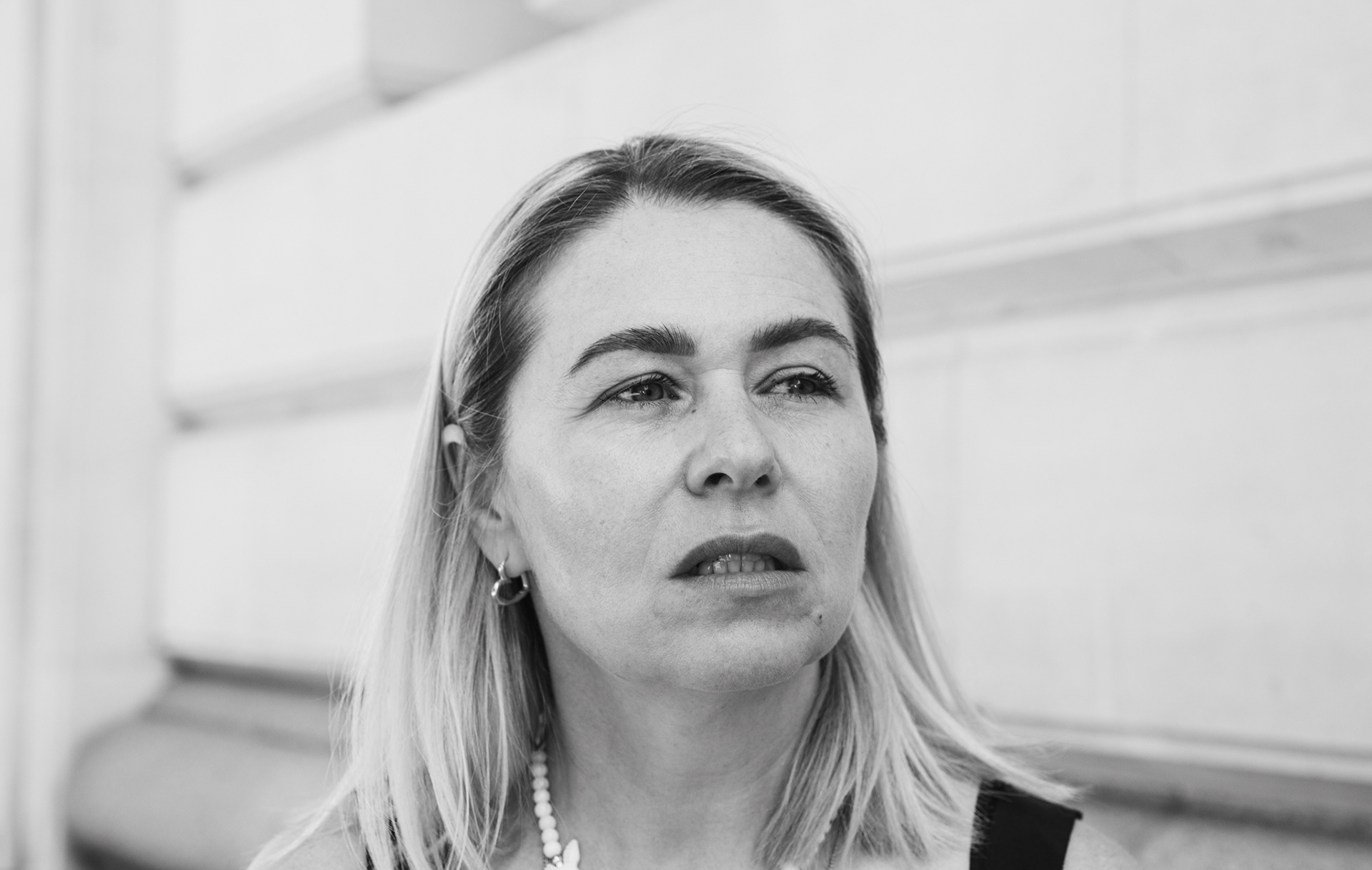
Awakening from the Fog of War
For Kateryna Petrova, as for millions of Ukrainians, the war began with complete confusion and denial. She lived in her cozy world outside the city of Zaporizhzhia, raising two children and relying on her husband, who created a comfortable life for her. The thought of war seemed absurd.
"I didn't believe at all that there would be a war. I didn't just not believe it; I was in a sort of fog, and I always said: 'what nonsense, what war, for goodness sake, it's the twenty-first century, what war, we're not savages.'"
Even when her husband's parents woke them at five in the morning on February 24, 2022, with the words "Kids, wake up, the war has started," her first reaction was skepticism. "Mum, what war?" she replied. Reality caught up slowly, through the news, through the roar of planes and helicopters over their house.
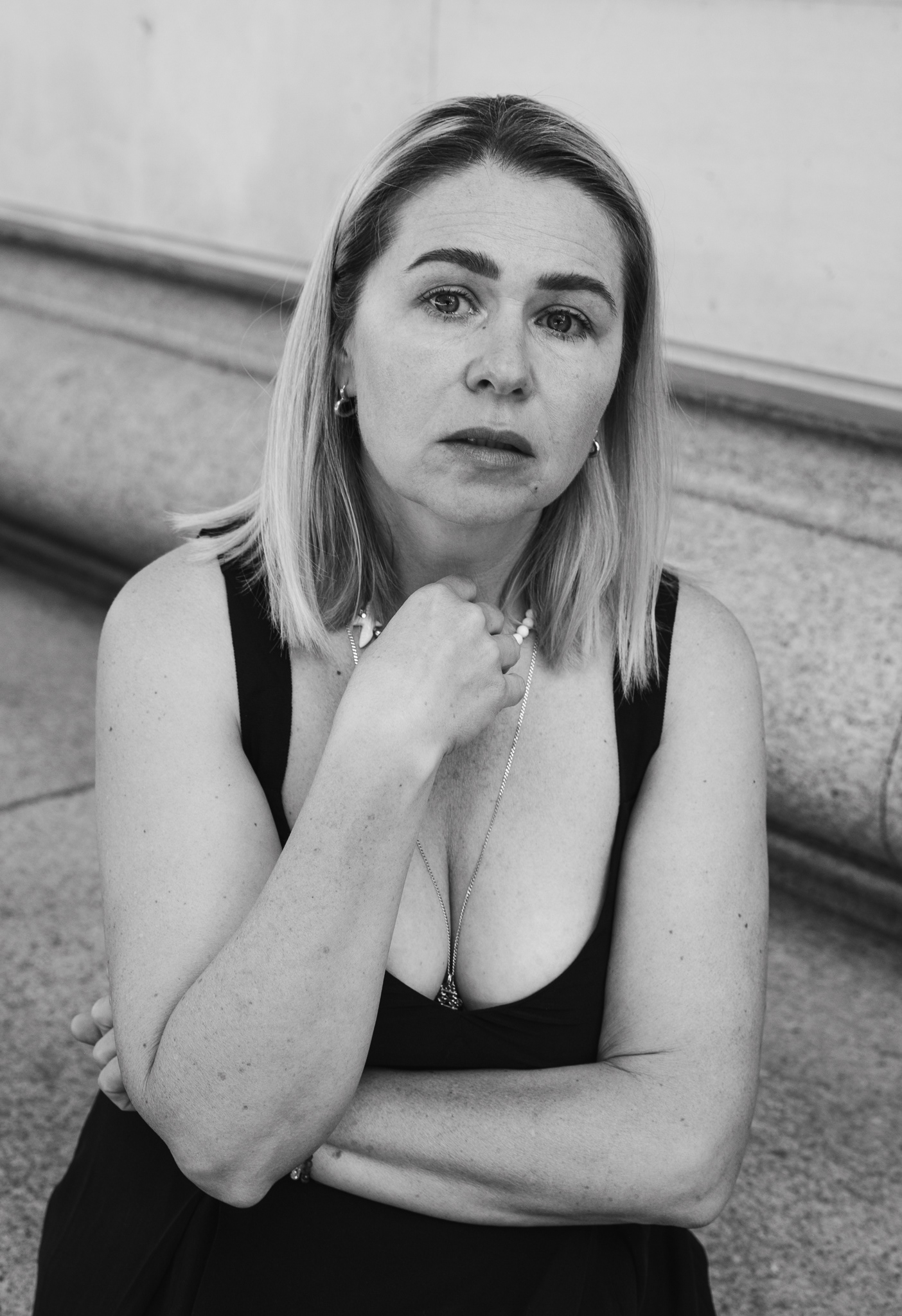
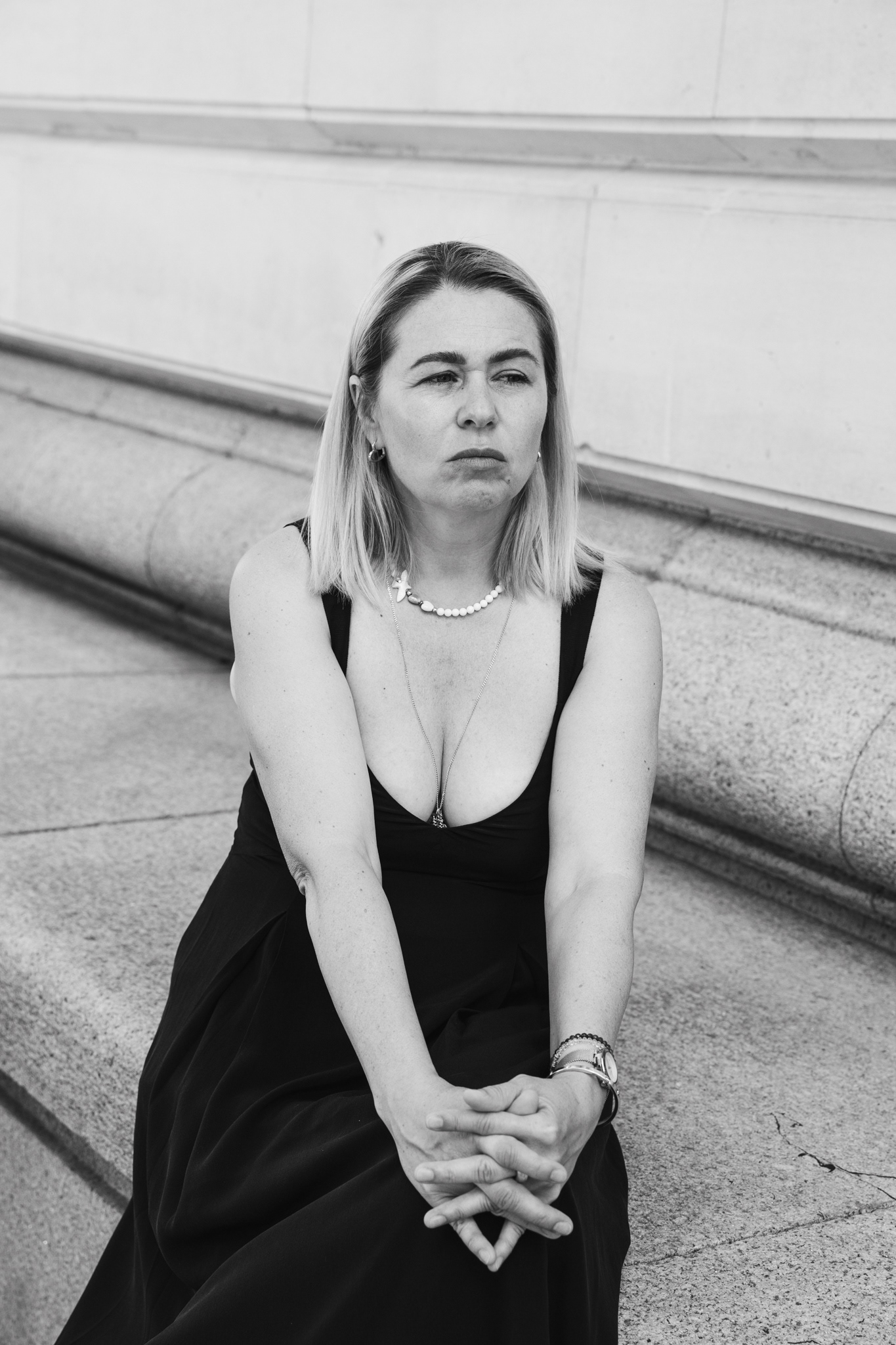
The first few days were spent trying to create an illusion of safety. They set up a recently dug root cellar, bringing in garden tools so they could dig themselves out if it collapsed. The children slept there, fully dressed, cuddling their favorite toys and pets. "My daughter took my favorite doll with her, one I was given when I was ten, and during that period it became her favorite doll," Kateryna recalls. This doll, Katya, became a silent witness to their escape.
The decision to leave home was made on March 3rd, on her son's eighth birthday. The threat of the Zaporizhzhia Nuclear Power Plant being shelled was the final straw. "We woke up at 5 a.m., had a slice of cake, and drove to Western Ukraine."
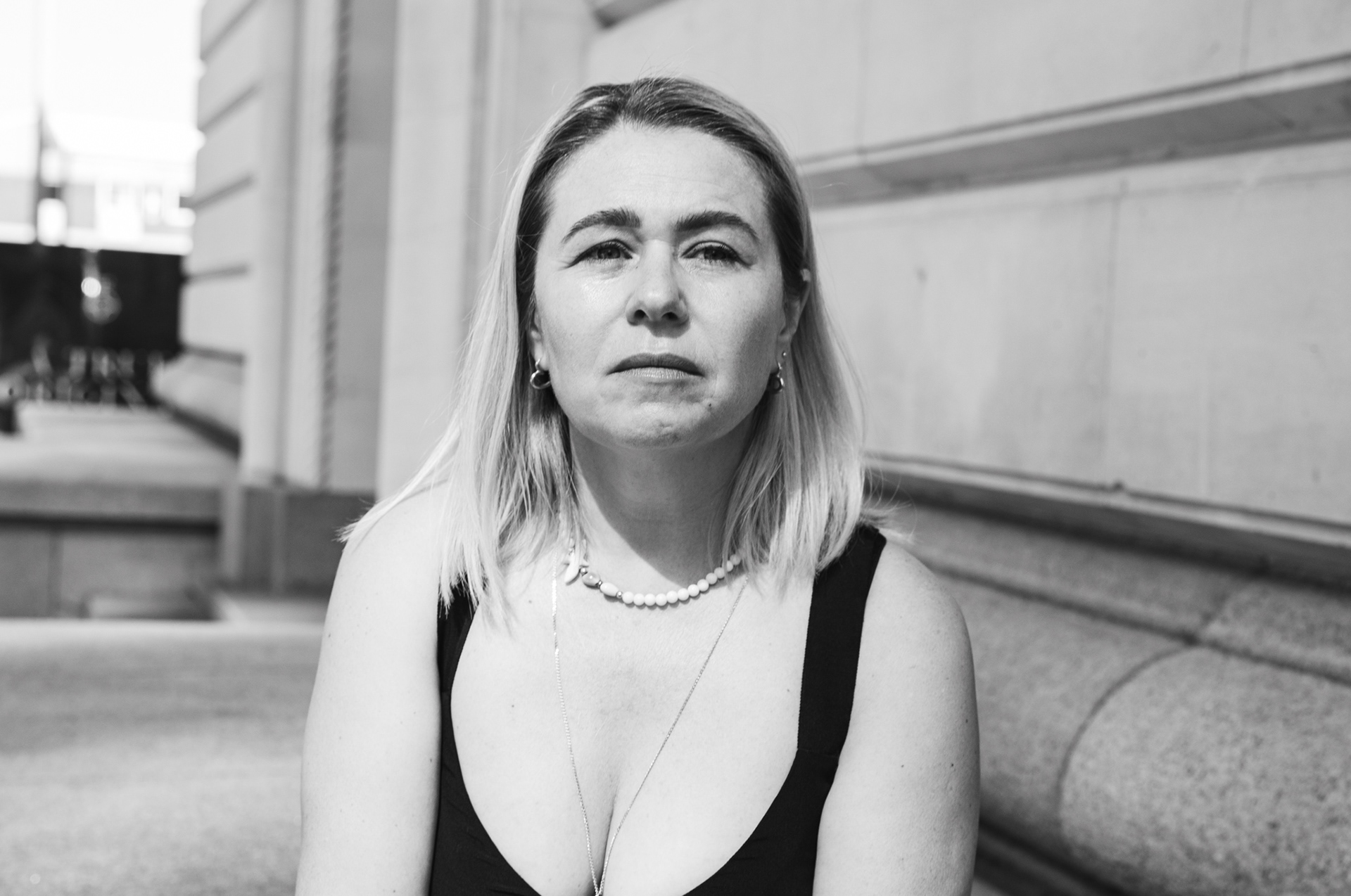
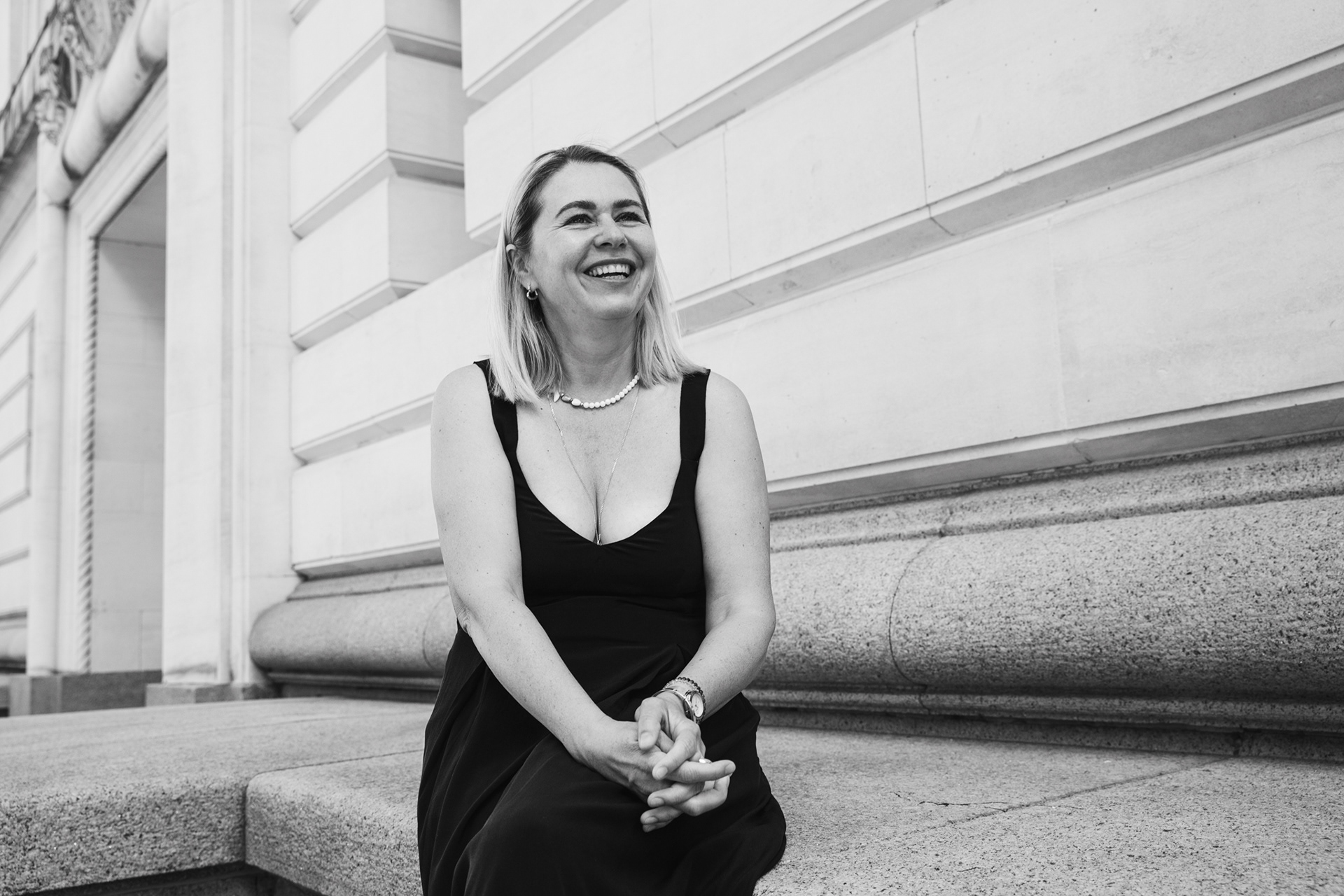
The Road, Filled with Pain and Human Warmth
The journey to the west of the country turned into an exhausting ordeal. Endless checkpoints, huge queues at petrol stations where they only sold 20 litres of fuel, a long, slow road: it took us 16 hours to drive the 300 km to Kropyvnytskyi. It was then, looking out the window at the Ukrainian landscapes, that Kateryna truly felt the full pain of what was happening for the first time.
"I cried the whole time because I was looking at Ukraine and thinking how beautiful it is, how beautiful my country is, why is someone trying to take this from us."
But this pain was softened by the incredible humanity they encountered at every step. The soldiers at the checkpoints, upon seeing children in the car, always tried to offer them a treat. "They always treated us to some pastries, apples, or sweets. 'Take this, you have a long road ahead.' And it was so heartwarming," says Kateryna. In Kropyvnytskyi, where they stopped for the night, strangers took her friend and her children into their apartment and fed them borscht. "At that time, the mutual support and help were so visible. Everyone responded somehow. It was a very powerful time."
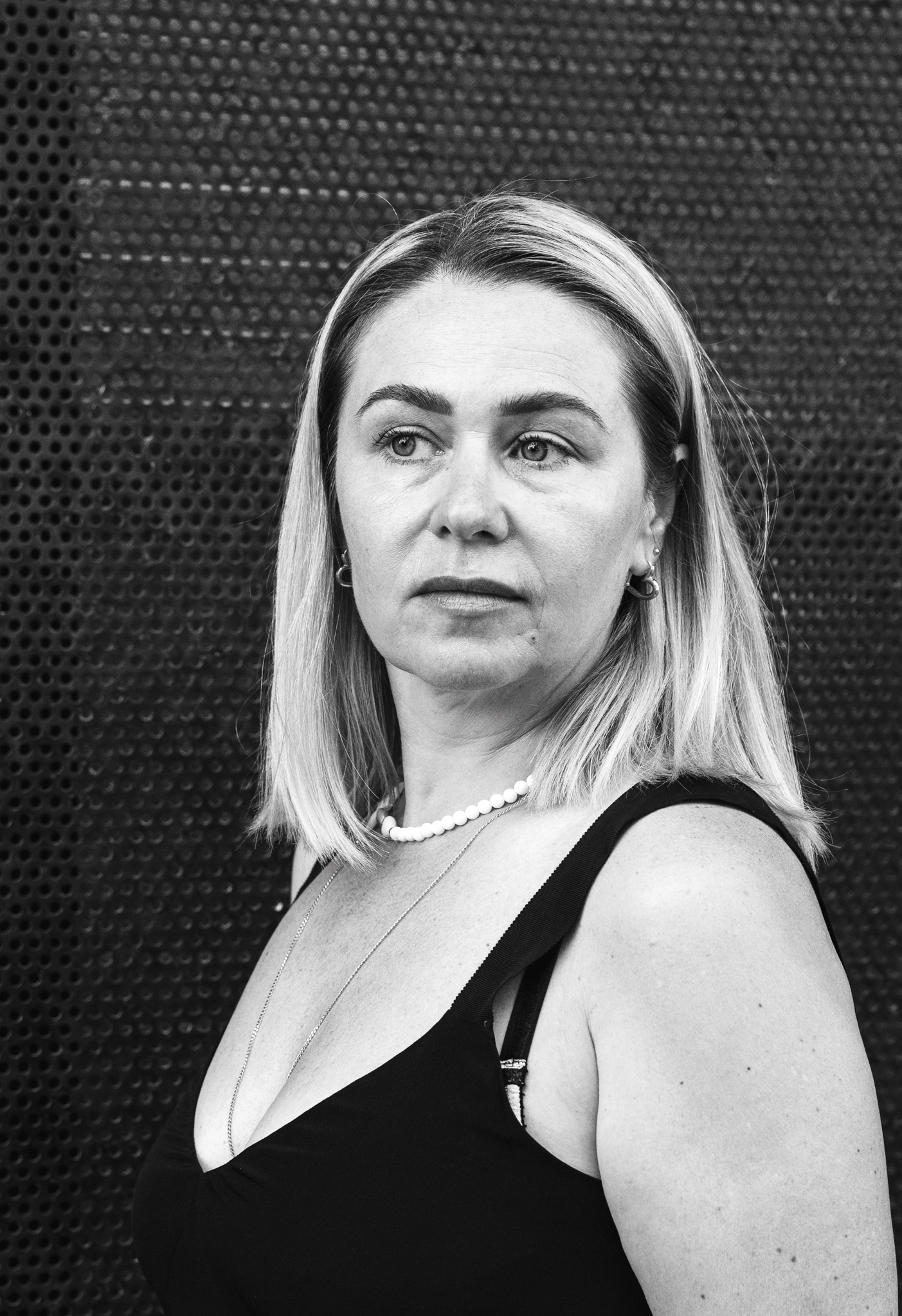
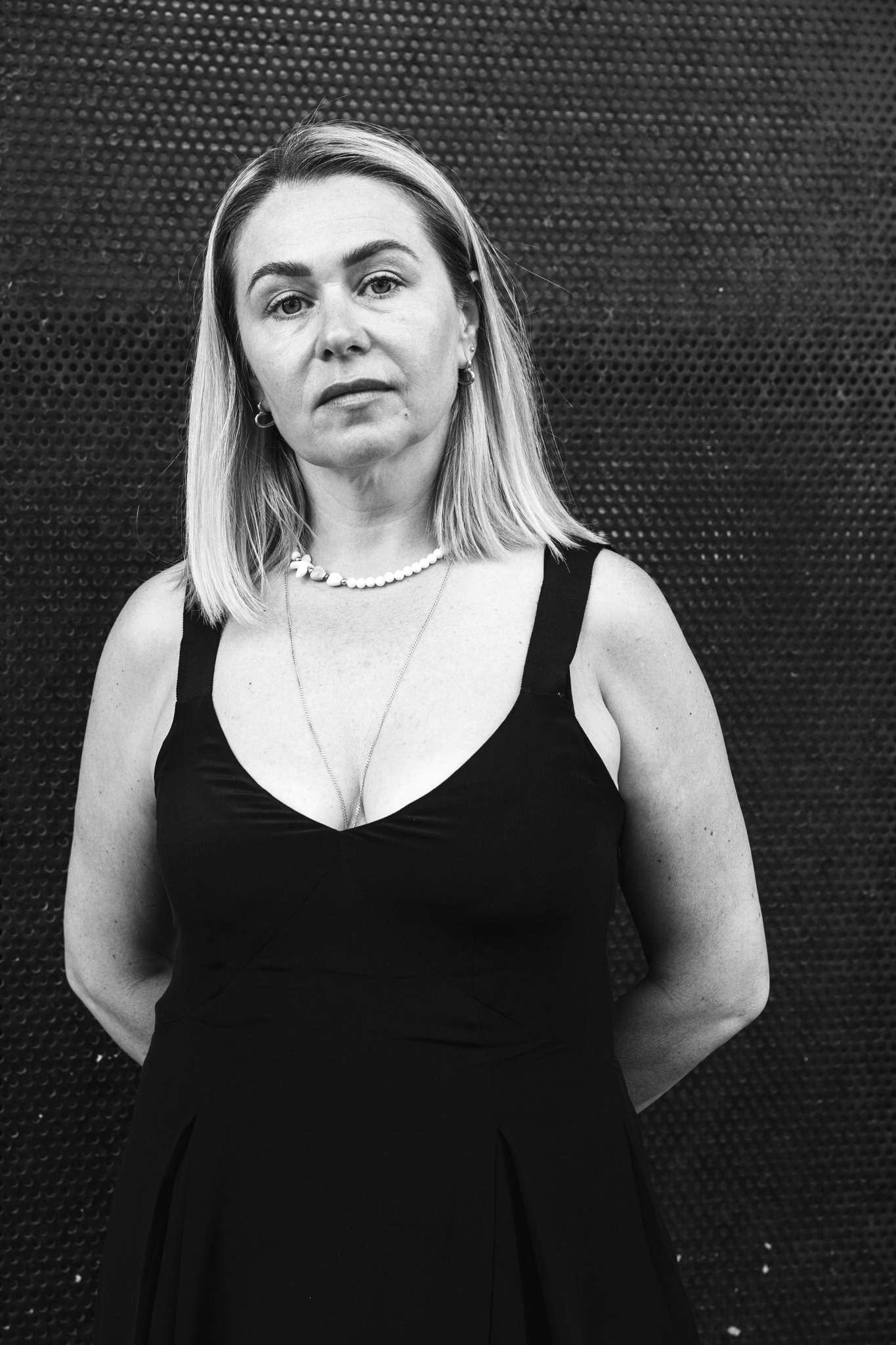
However, this experience also had a bitter side. Unlike her friend's family, Kateryna's relatives in Crimea and Moscow offered no help. This silent betrayal became a deep personal trauma for her. "My sister, who lives in Crimea, said: 'Well, just be patient, they said it would only be for three days.' None of them offered help, and it was very unpleasant for me," she recalls with pain. On March 8th, instead of greetings, she sent them all a message: "We don't have a March 8th anymore. We now only have the 12th day of the war."
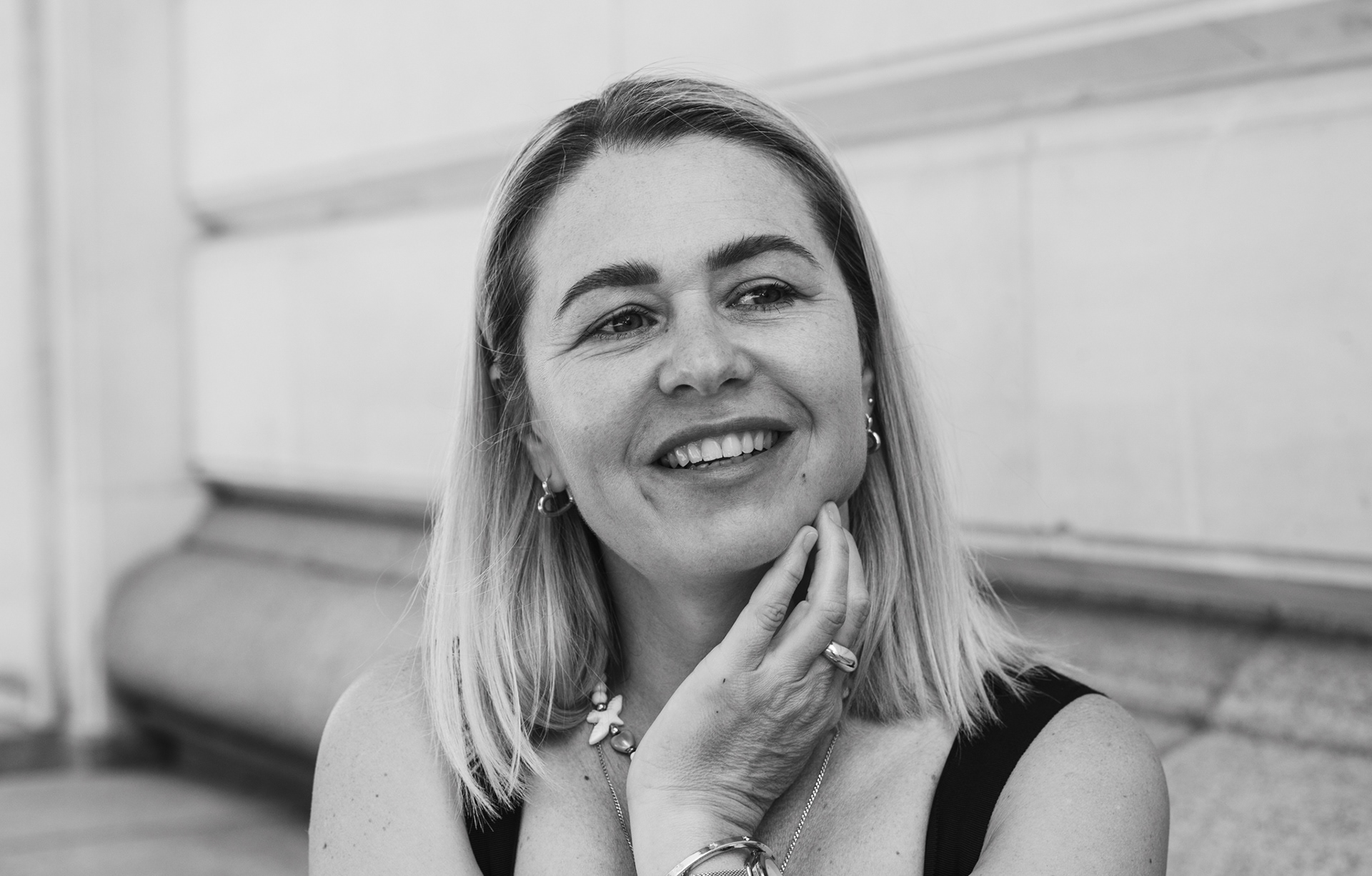
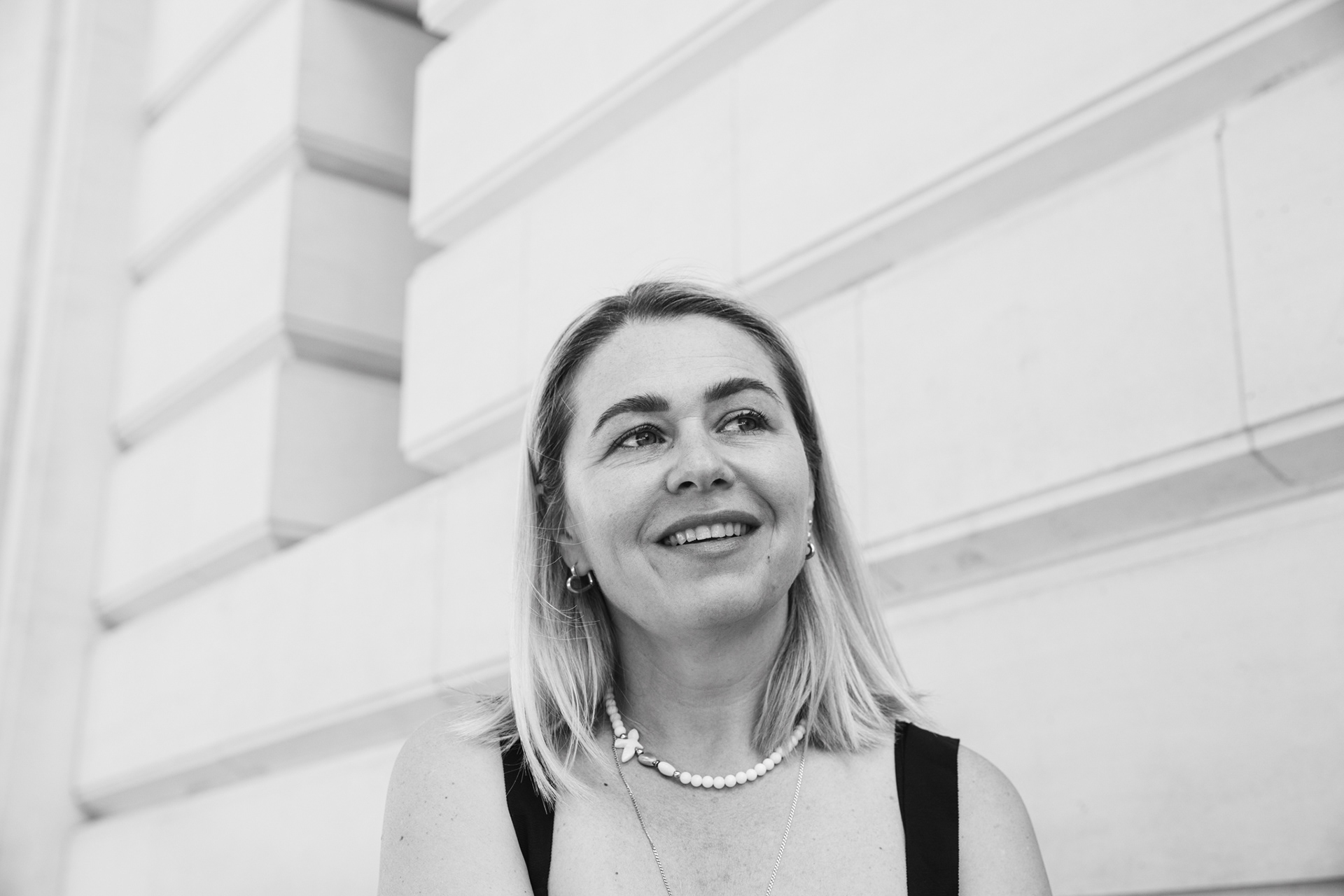
An English Home: Generosity, Complexity, and the Search for Personal Space
After a few days in Western Ukraine and a month and a half in cold summer apartments in Bulgaria, it became clear they needed to find a more stable option. They chose England. The main condition was to find a sponsor who would agree to host two families together—hers and her friend's. They found such a family.
"Our hosts are wonderful, they are lovely, just wonderful people, very empathetic, and I know that many host Ukrainians for the money. But ours are definitely not about the money. They do it because they genuinely want to help."
Their sponsors, a British couple with two young children and four older ones from a previous marriage, surrounded them with care. They were expected; the sponsors' children even recorded videos of themselves preparing the rooms for them. The first impression was one of gratitude and relief. But the reality of living together proved to be more complex. " Everything was so foreign... for several days, my friend and I tried to accept the new reality through tears. After my country house, all of this was, of course, very—how to put it—unusual..." she recalls of the feeling of lost comfort.
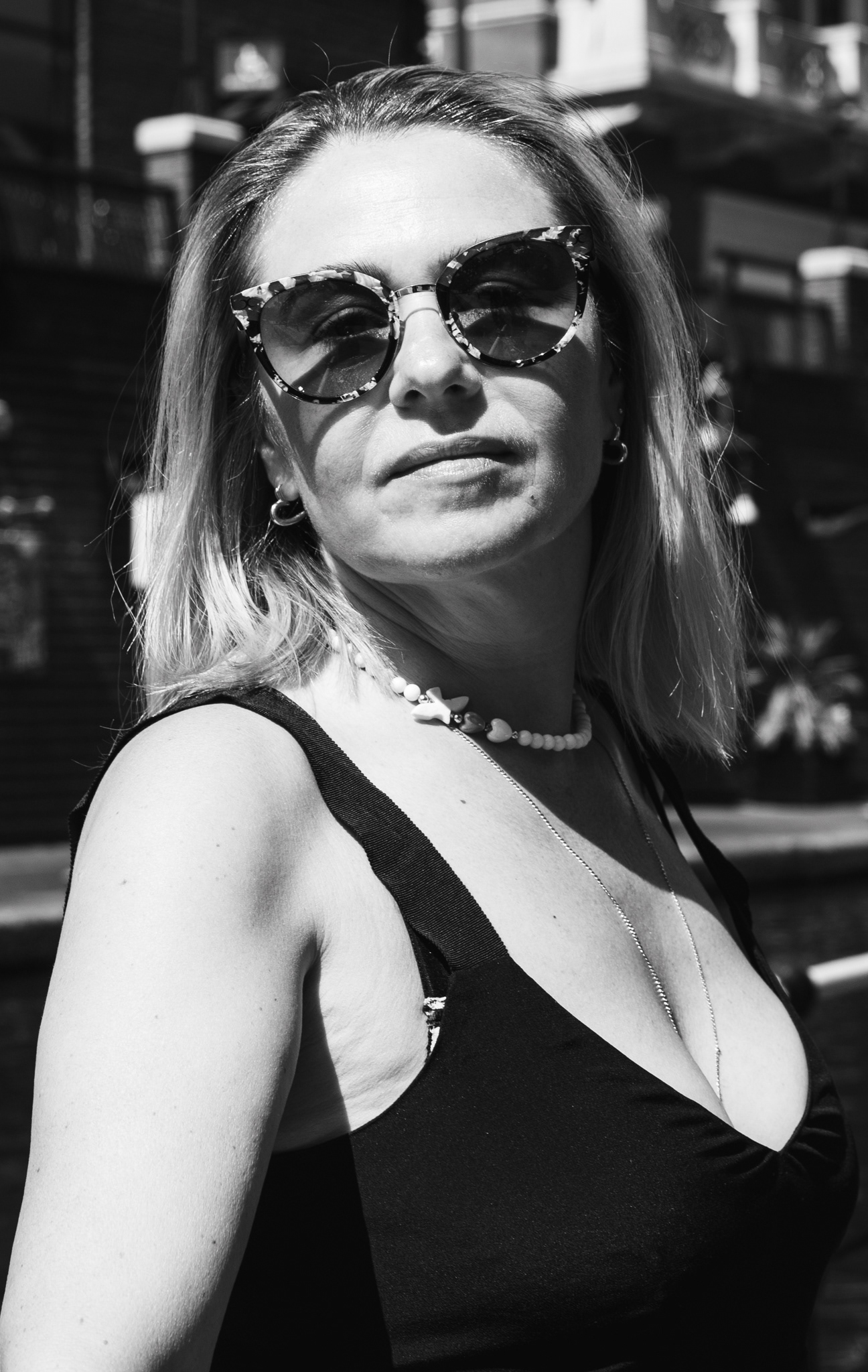
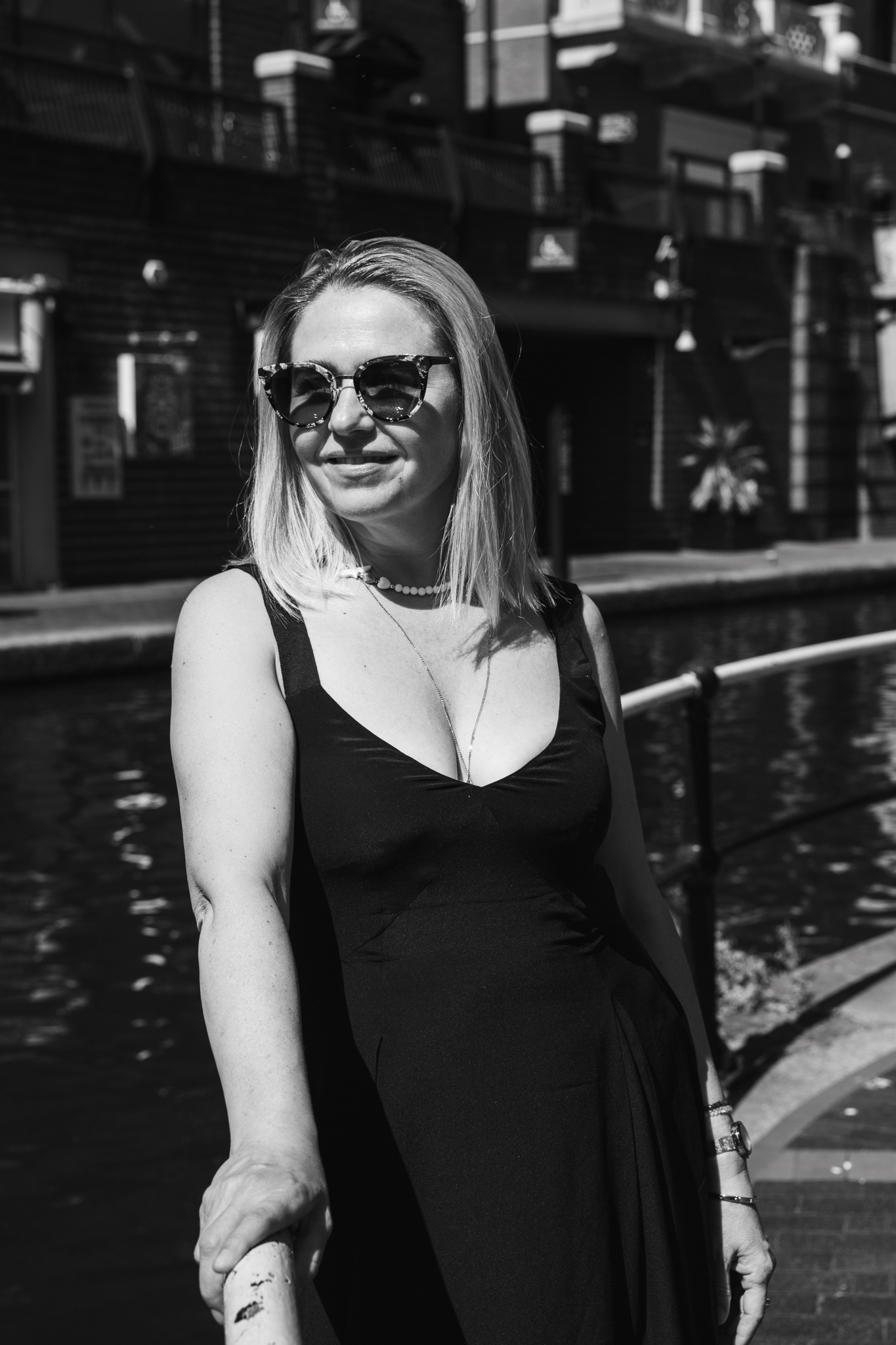
Despite the excellent conditions and the kindness of the hosts, children didn't find common interests, and Kateryna herself, by her own admission, is not a very sociable person. "Well, that's just the kind of person I am. A sociopath. If there's an opportunity not to communicate, I won't."
Nevertheless, it was a relationship filled with mutual respect and care. The sponsors always tried to help, and Kateryna, in turn, wanted to show her gratitude. "I also try to make them happy. Sometimes I bring them strawberries, or something else. And she's like: 'Oh, you spent so much money on strawberries, they're so expensive.' But I want to do something nice for her." They helped each other with the children, picking up the younger ones from nursery. It was a coexistence based on kindness and empathy, but it highlighted the need for their own space.
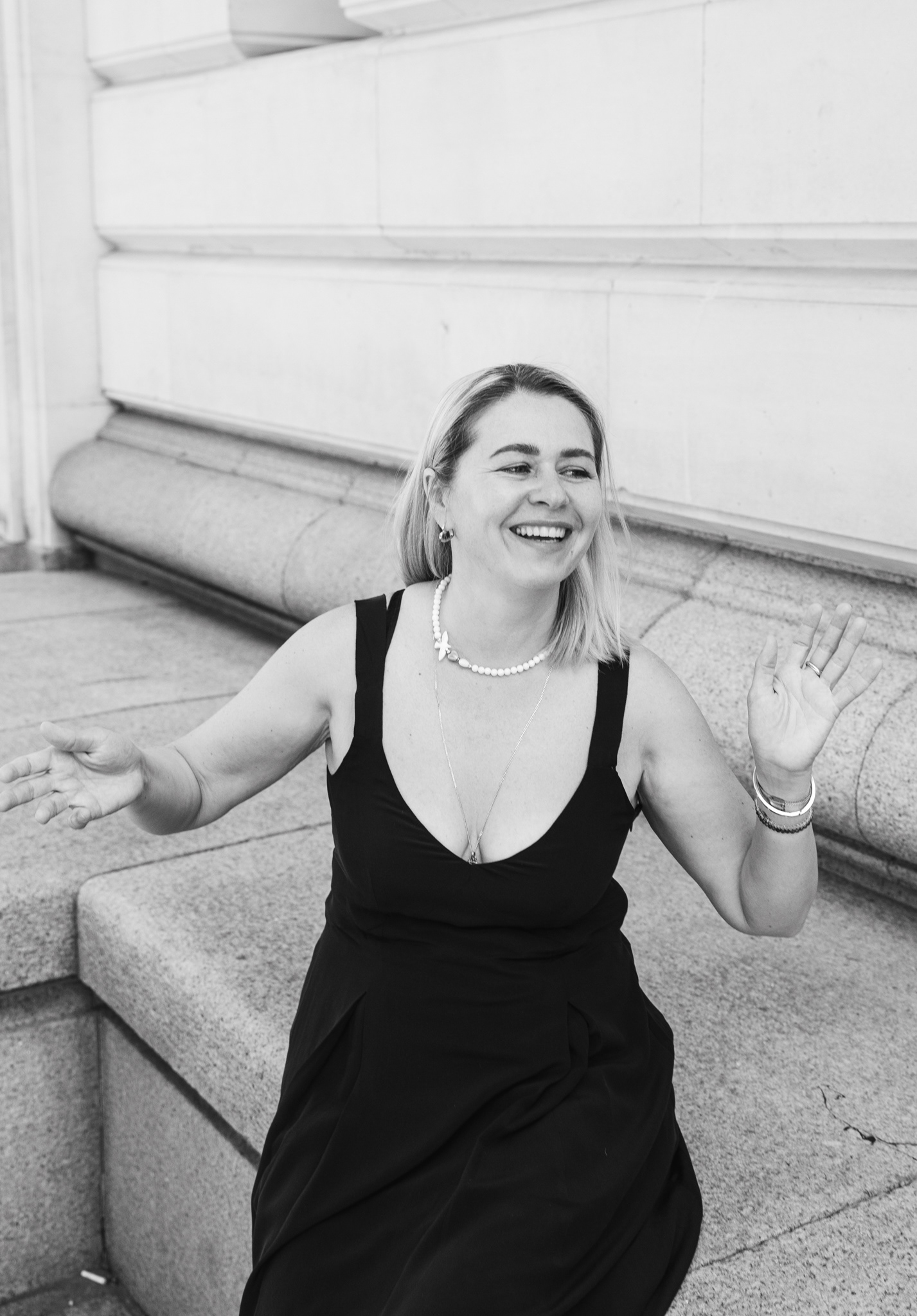
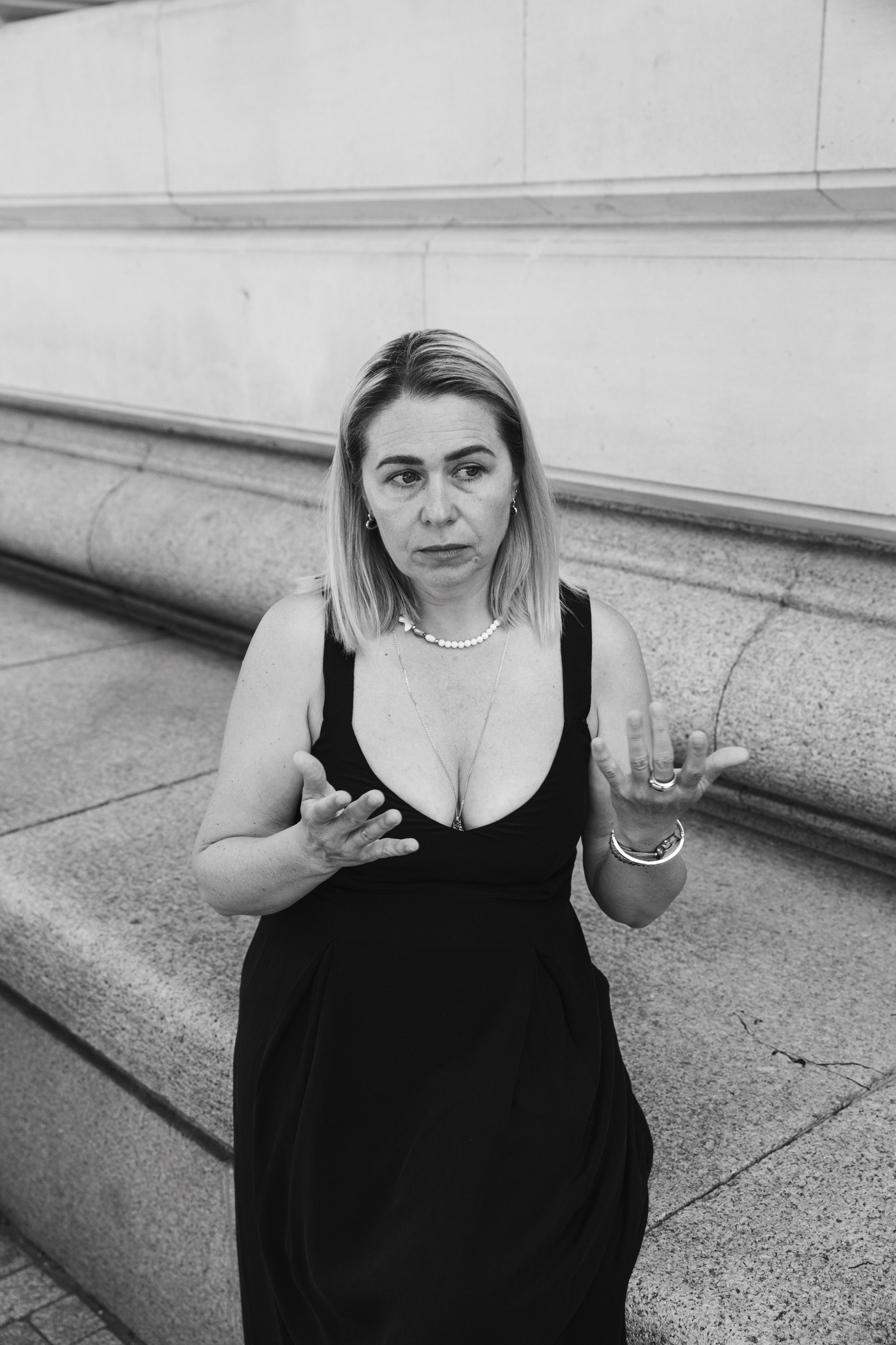
"Delayed Life Syndrome" in England
Despite the external comfort, the first years in England became a period of emotional stagnation for Kateryna. She lived in a waiting mode, certain that the war would end any day and they would return home.
"Until last summer, I wasn't living. I was here just like a 'waiter,' sitting and waiting for when we would go home. That's why I didn't do anything here, because I was waiting... and I thought, well, what's the point of getting a job now, we're going to leave any day now."
This "delayed life syndrome" slowly dragged her into a deep depression. The state was intensified by the constant pain for those left in Ukraine, especially for the young men going to the front. She recalls how she visited Ukraine for the first time in 2023 and cried at the border, seeing soldiers returning to Ukraine after their training.
"I cried so much because I understood that they would all die, that they would be killed, and they were trying to calm me down. A translator friend of mine works at military bases. After her first... shift, where she trained more than 200 people, only 30 of them survived... And that's painful. And it's our very best, our finest guys who are going."
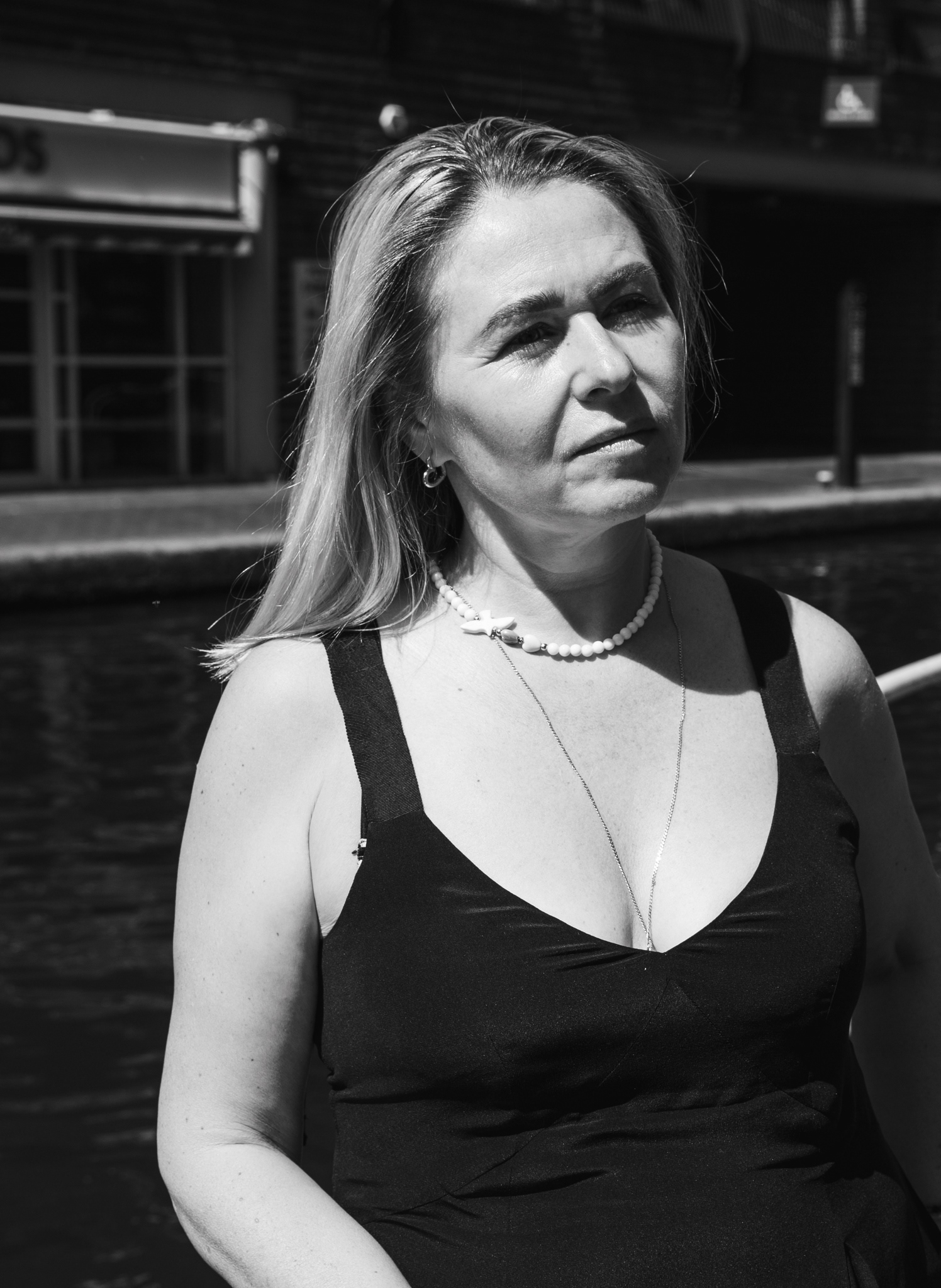
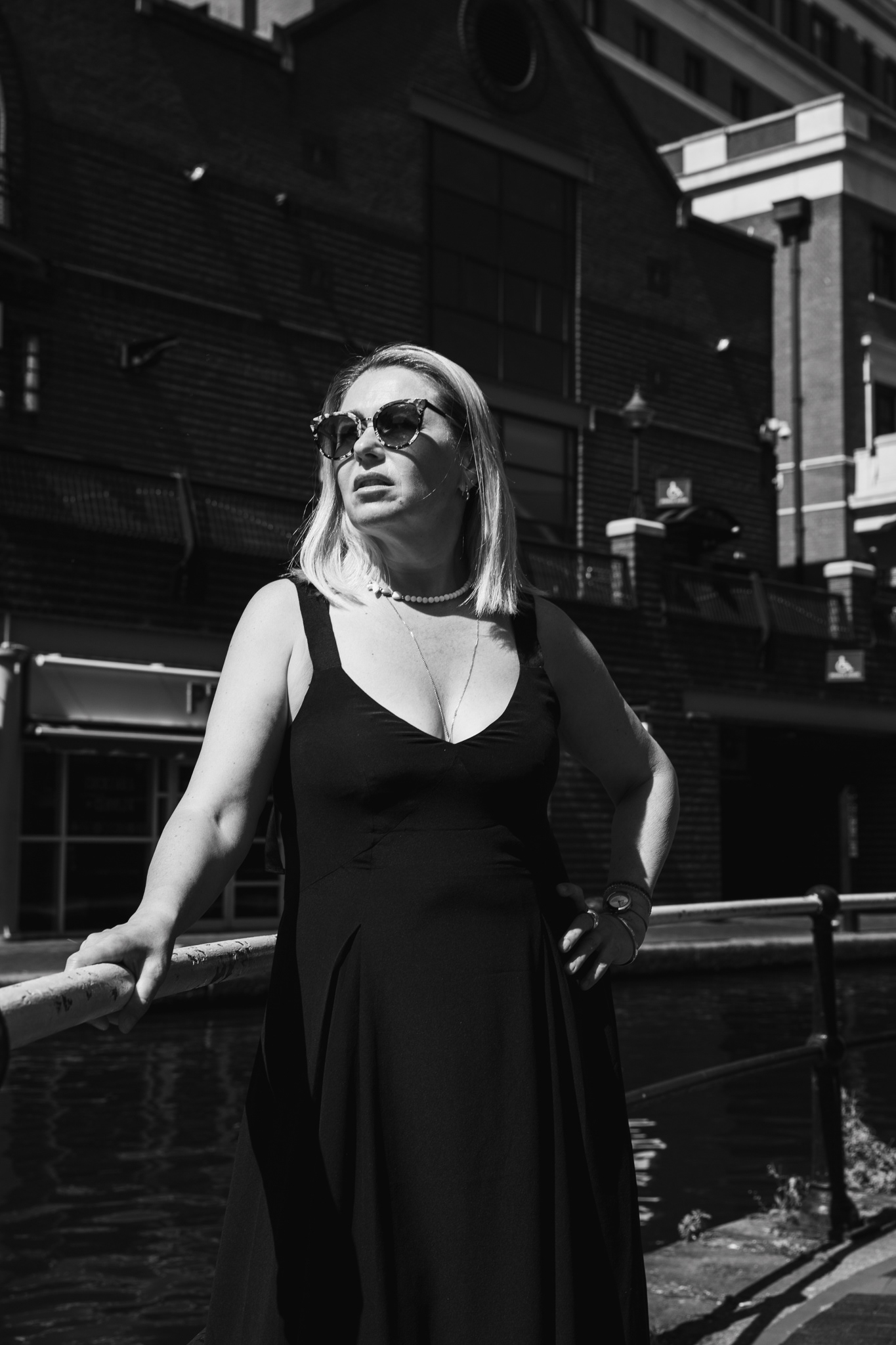
Awakening: A New Perspective on Life and the Future
The awakening was sudden and painful. Last summer, her husband, who had remained in Ukraine, informed her that they were getting a divorce. This news, though a blow, also turned out to be the catalyst that jolted her out of her lethargic slumber.
"I realized that... I have nowhere to return. I have nothing... And I started to look at this country with different light. And I began to understand that here... for me, a single mother with two children, it would be better here than in Ukraine."
It was a moment of re-evaluation. She realized she needed to build a life here and now. Kateryna began to act: she completed a course at a local college and started applying for jobs. She became actively involved in the life of the Ukrainian community, becoming the administrator of the children's orchestra "Vinochok" in Birmingham. "We perform at all Ukrainian events, we performed in London for Children's Day... when the Lviv Symphony Orchestra came, we performed with them on the same stage at Symphony Hall." This activity gave her a sense of belonging and purpose. Her main support came from her friends, most of whom are from Zaporizhzhia and Berdyansk. "I think... how would I even be here without these girls," she says.
Today, she is still at a crossroads. Her husband, who initiated the divorce, now insists on her returning to Kyiv because he wants to be near the children. "It's clear we won't return to Zaporizhzhia, but to Kyiv... The shelling is so intense right now, I honestly don't understand how one can make that decision. There haven't been attacks like this on Kyiv since the beginning of the war." This creates a difficult dilemma for her, torn between the safety of her children and their father's desire to be with them. "I'm already trying to suggest different options to him. I say, let's split the children for a while. You want to be with your son, it's understandable—a son needs his father... take him, and I'll stay in England with our daughter."
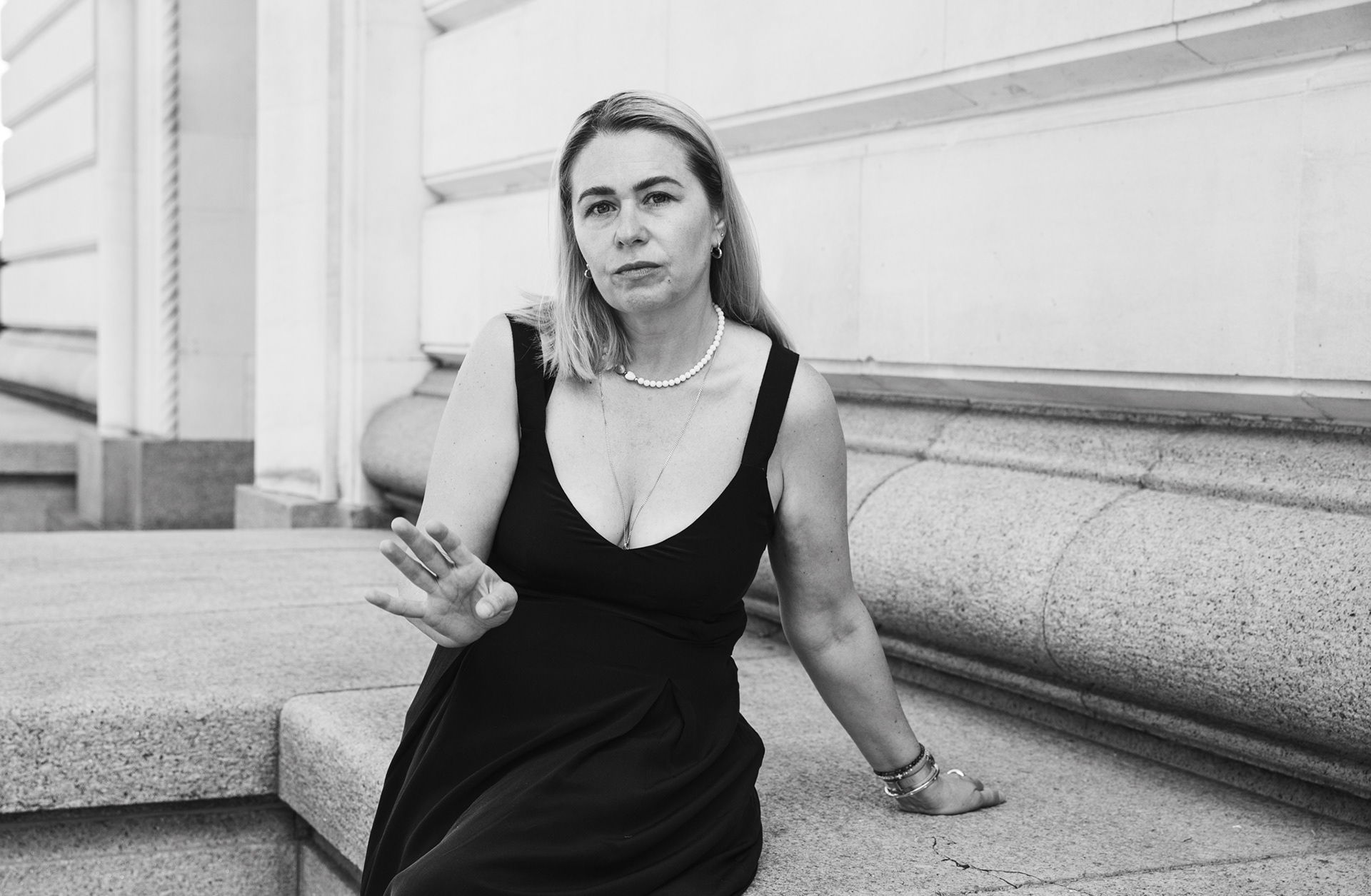
But something has changed within her. She is no longer the "lost soul" she was at the beginning of the war. She has felt the strength of the British social system and the support of the people. "I feel the support and understand that I won't be left on the street here, that I won't starve here, that my children will be educated. The social safety net here is very strong."
Kateryna's story is one of a painful but necessary awakening. She has traveled a path from complete denial of reality and passive waiting to actively building a new life. Her strength was found not in controlling everything, but in accepting uncertainty, finding support within herself and in the people around her, and starting to act, turning crisis into opportunity, and a "delayed life" into a real one.
